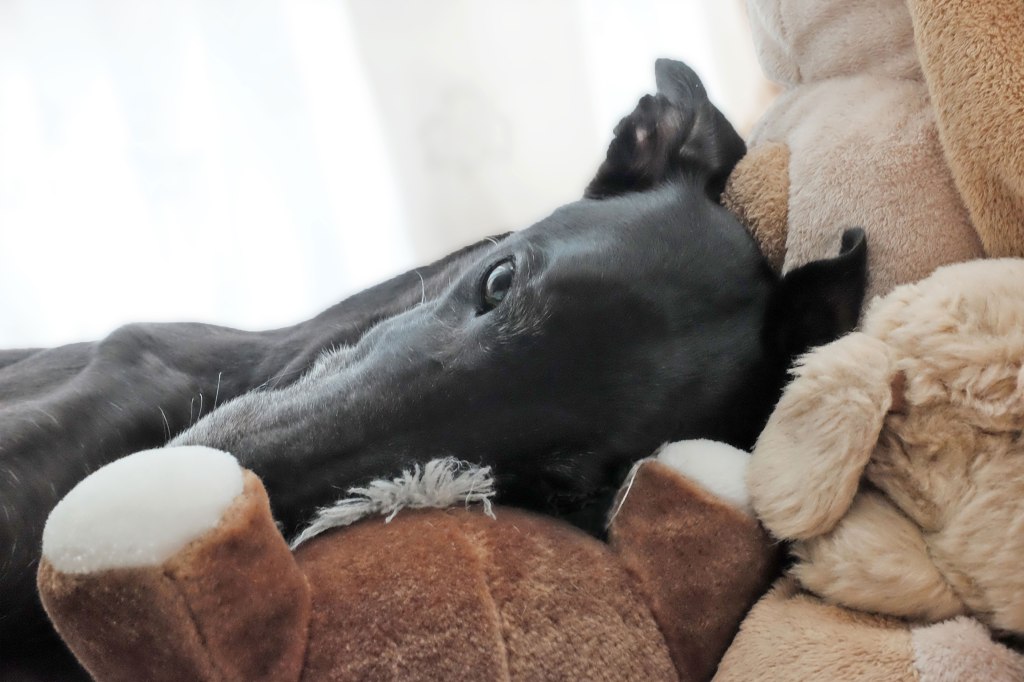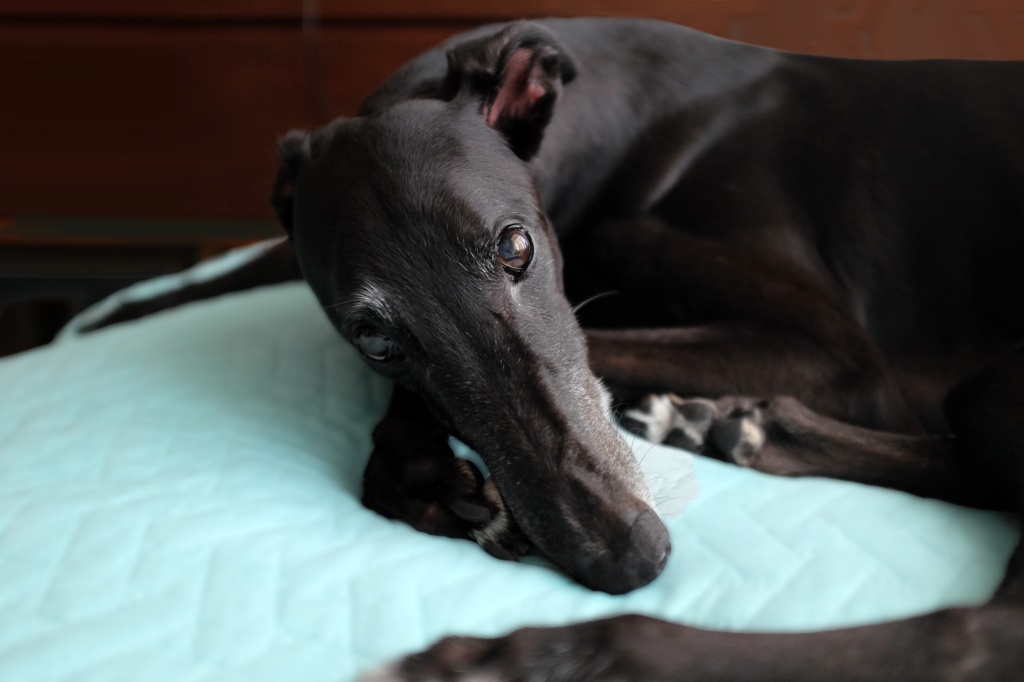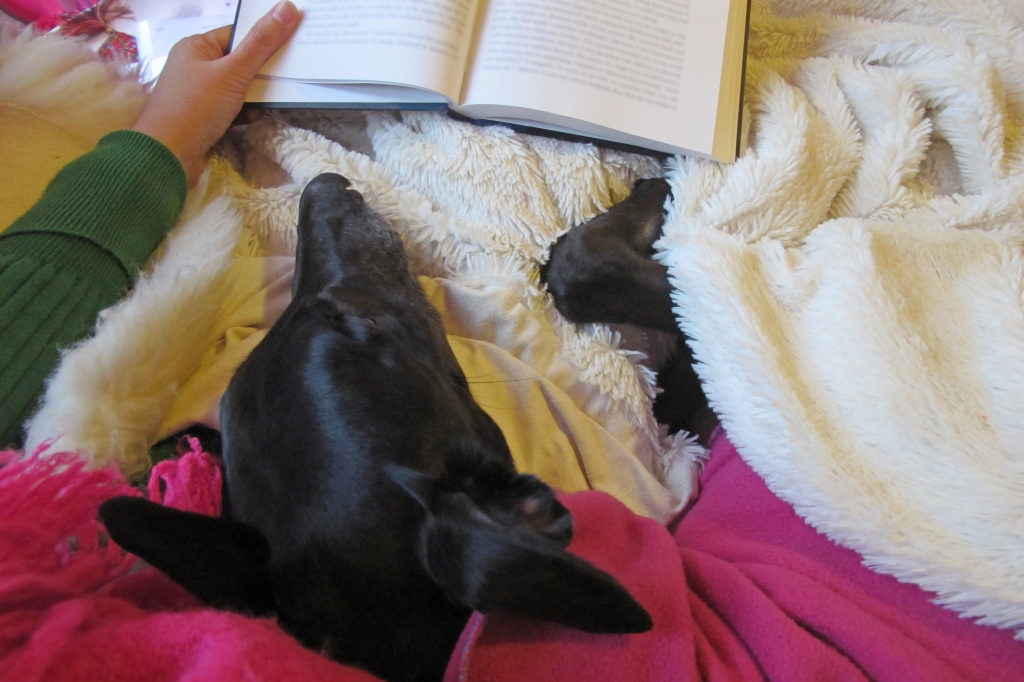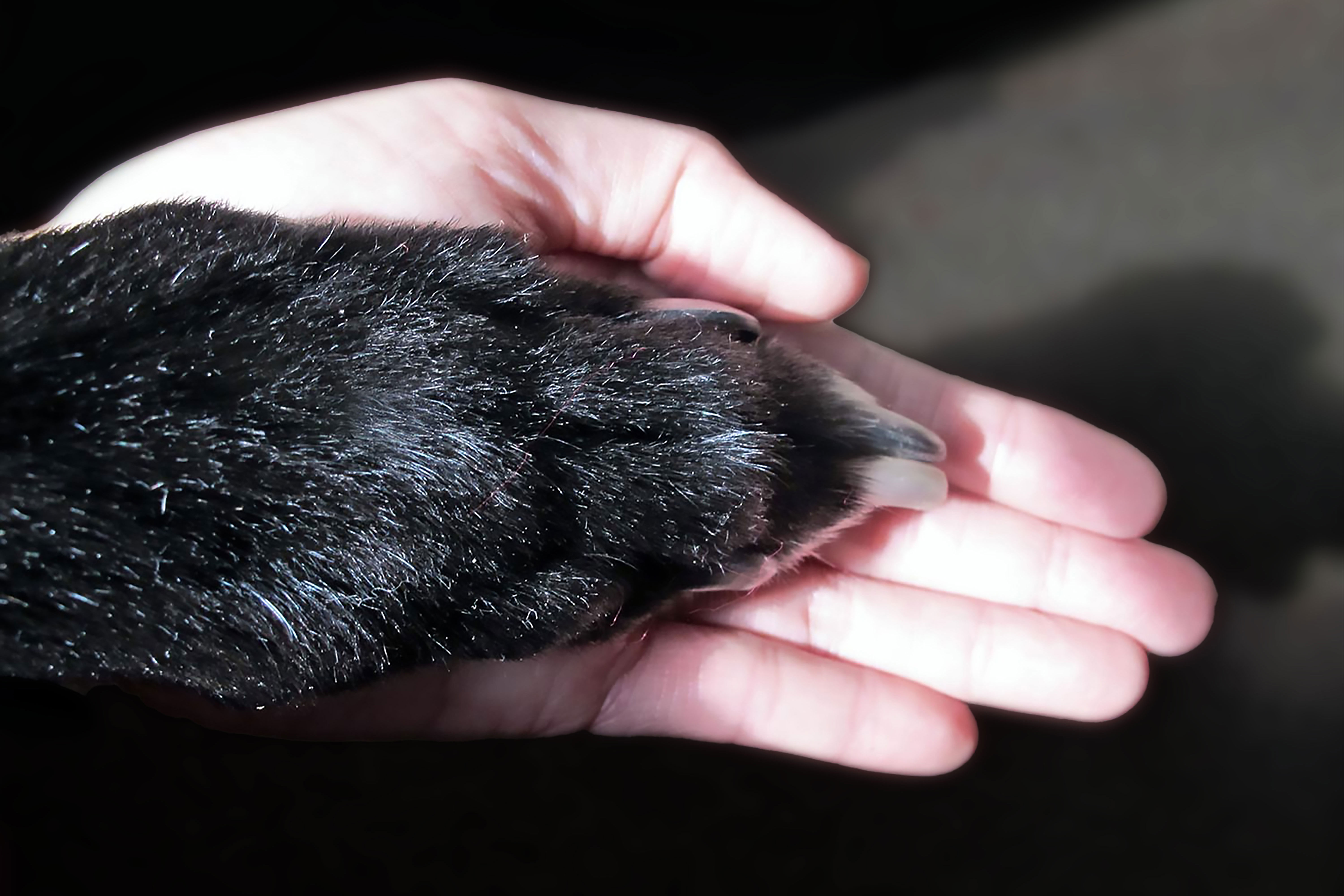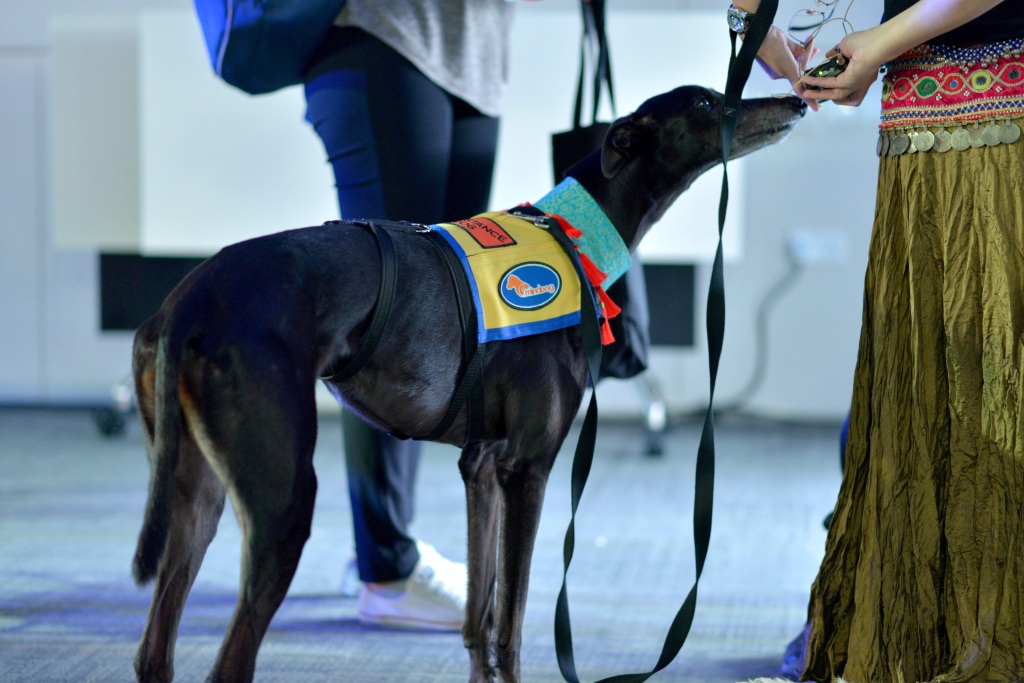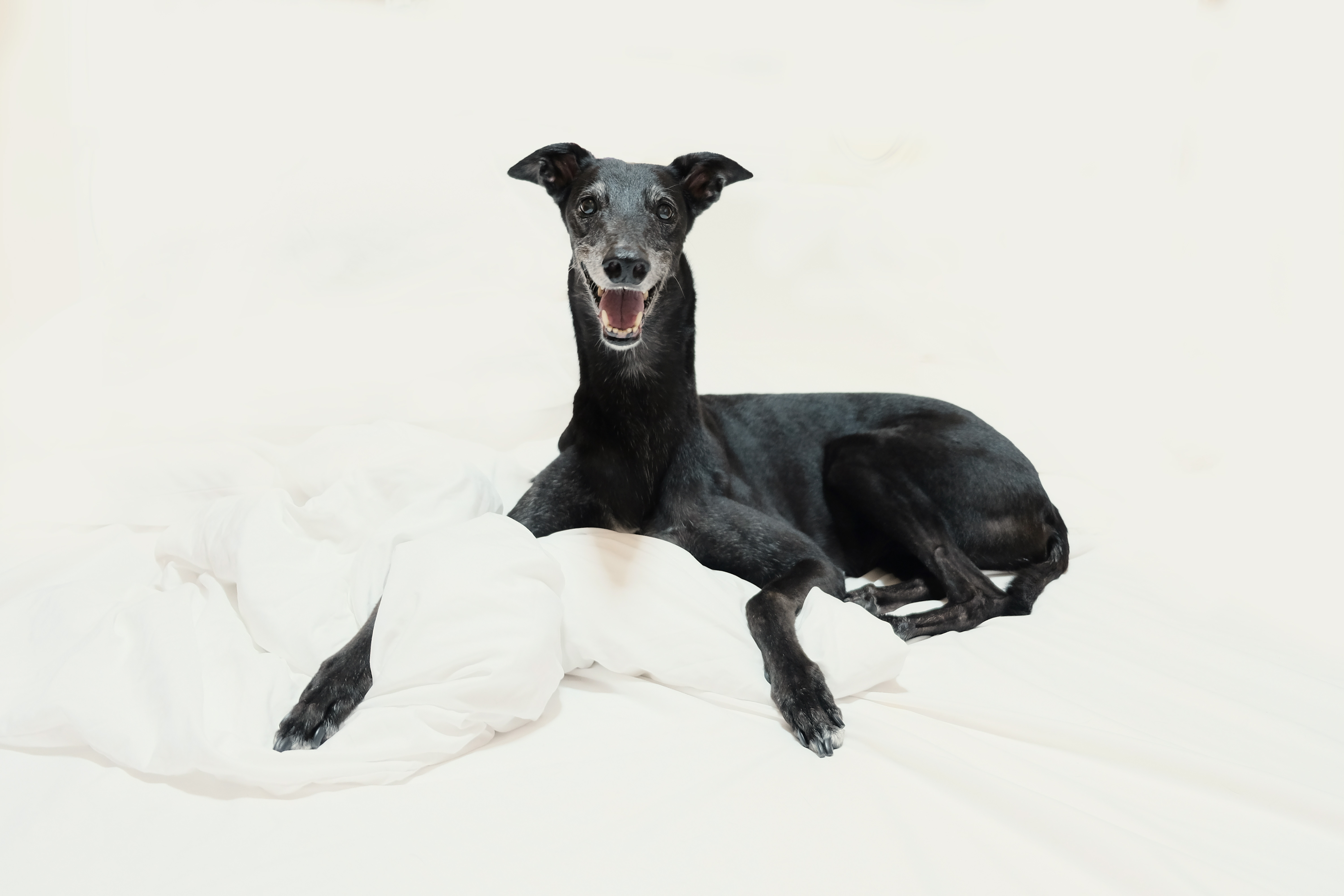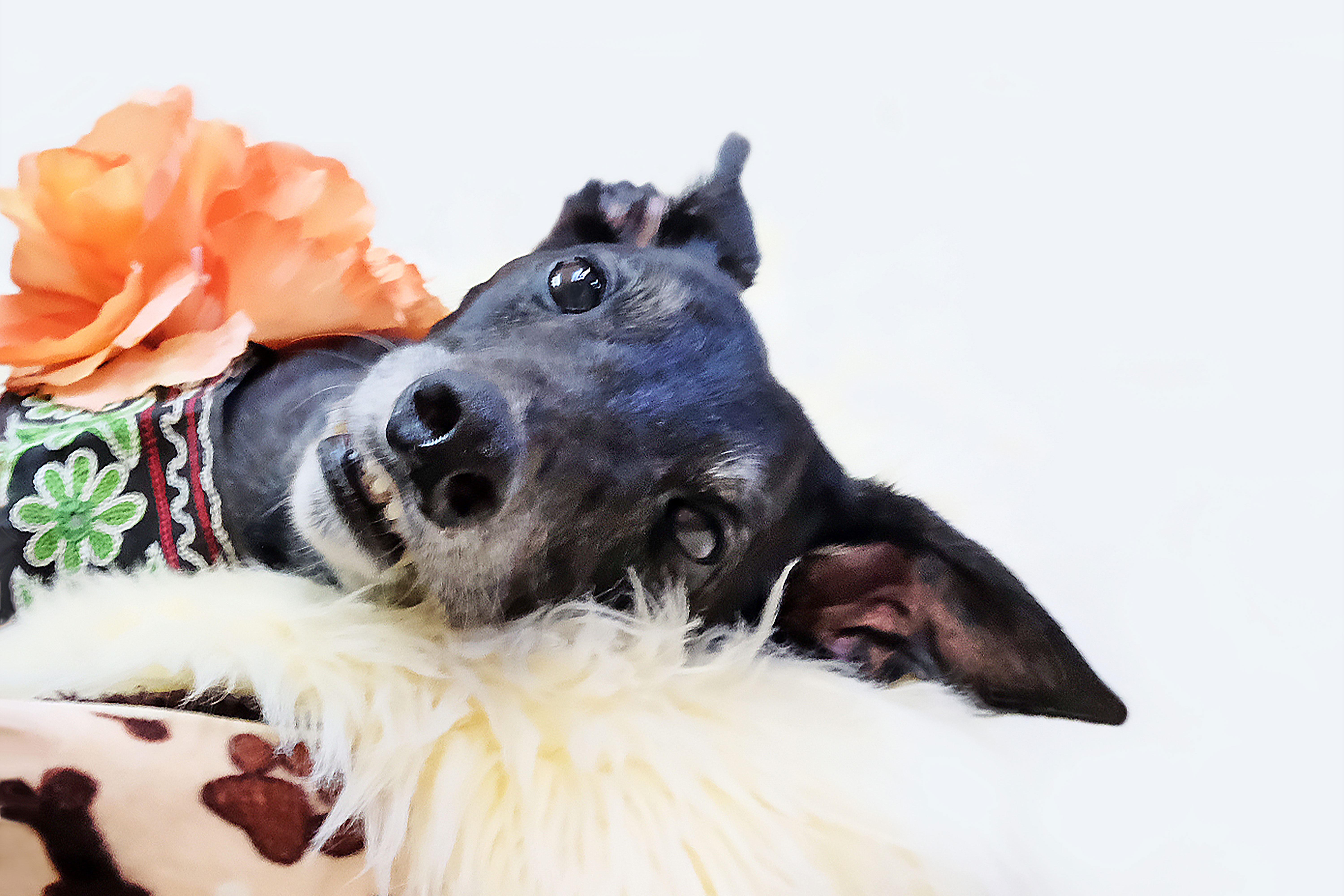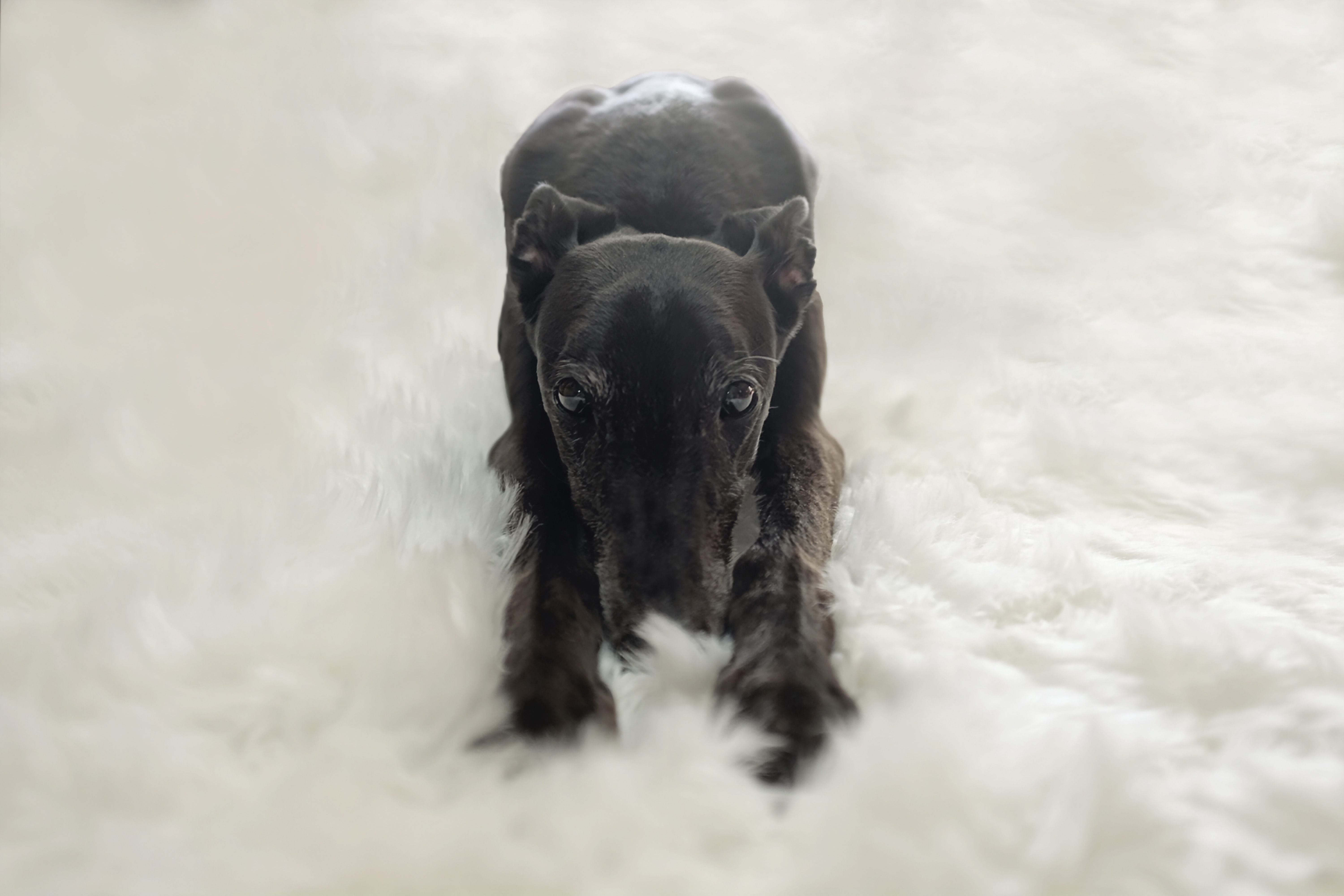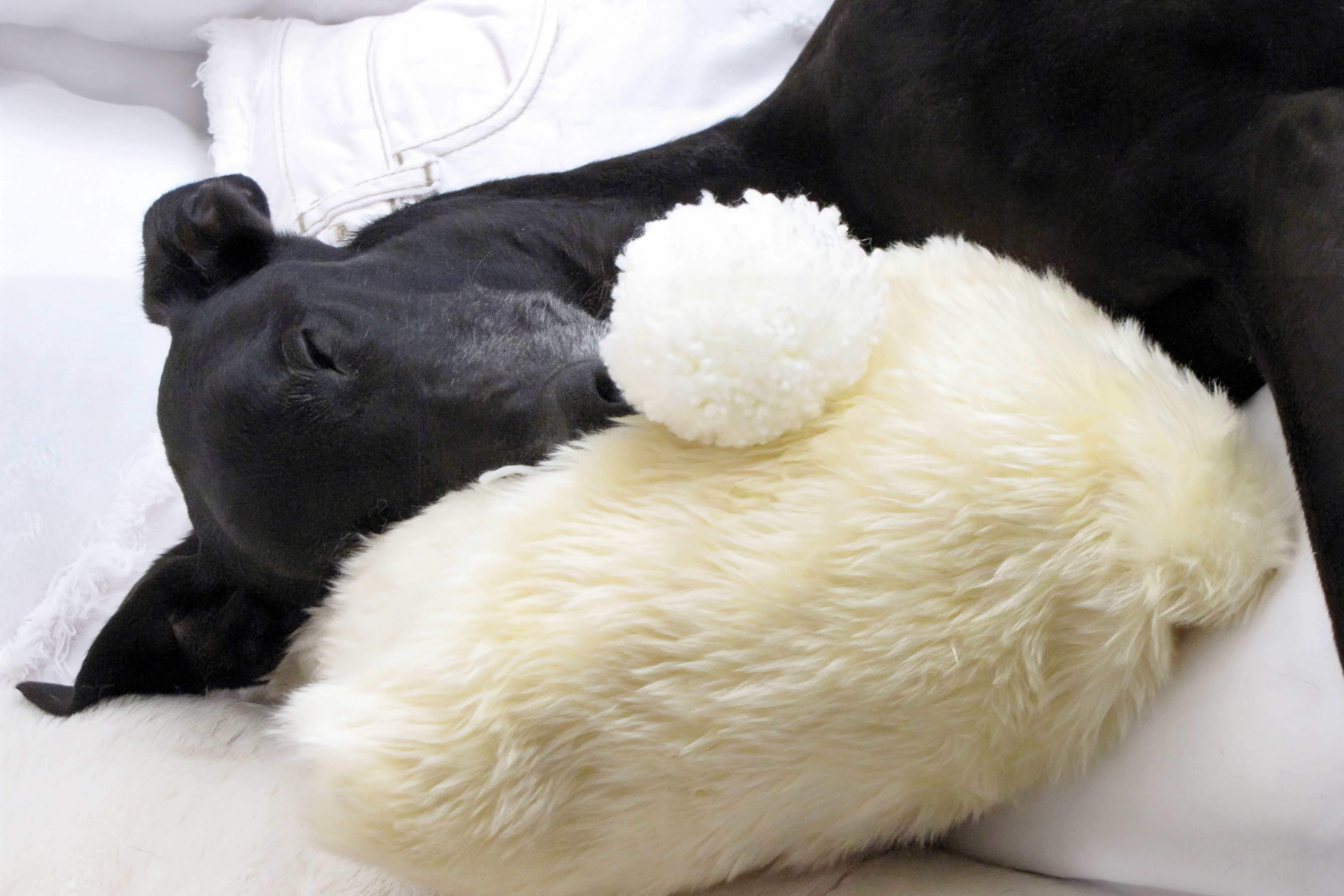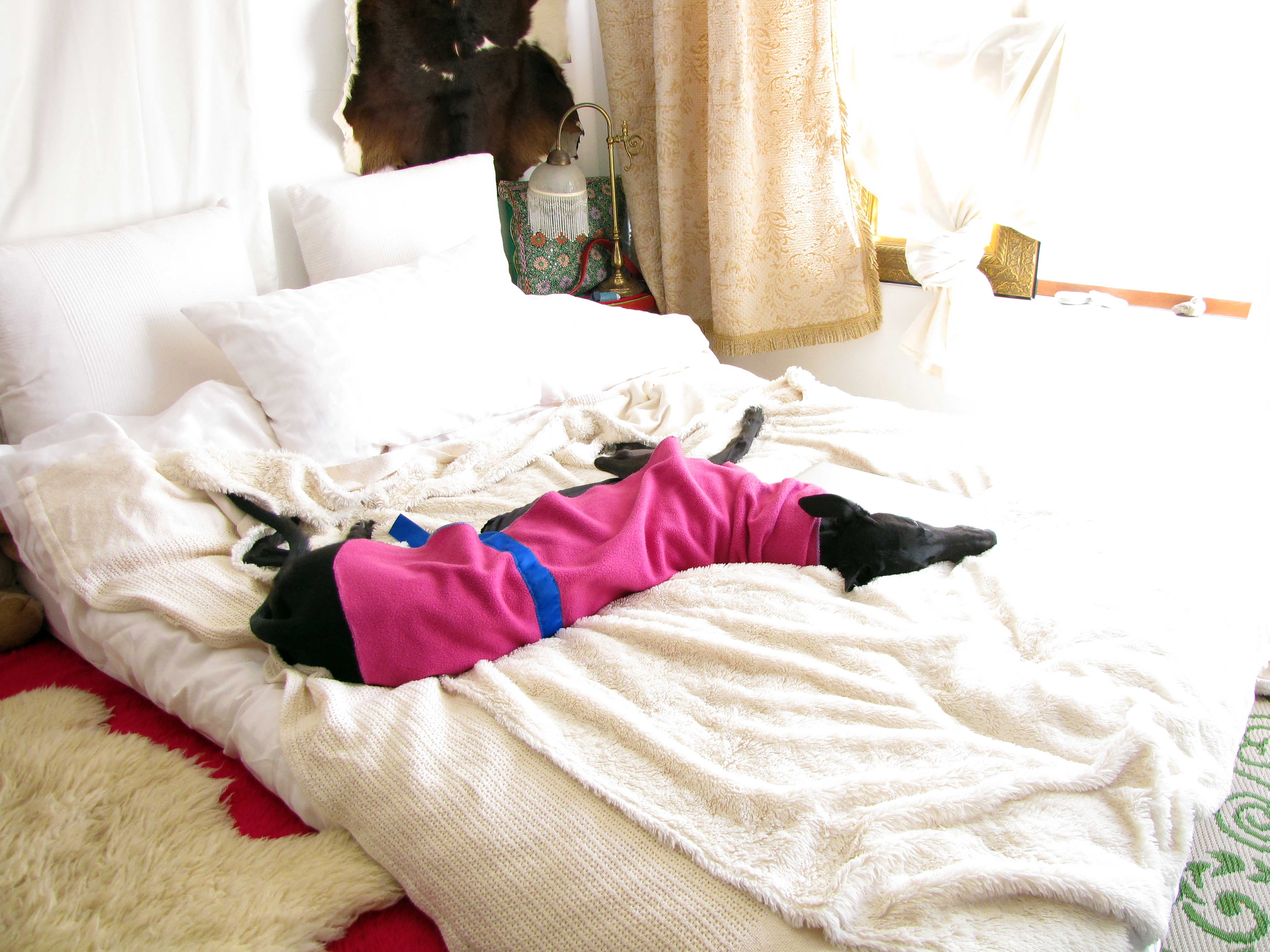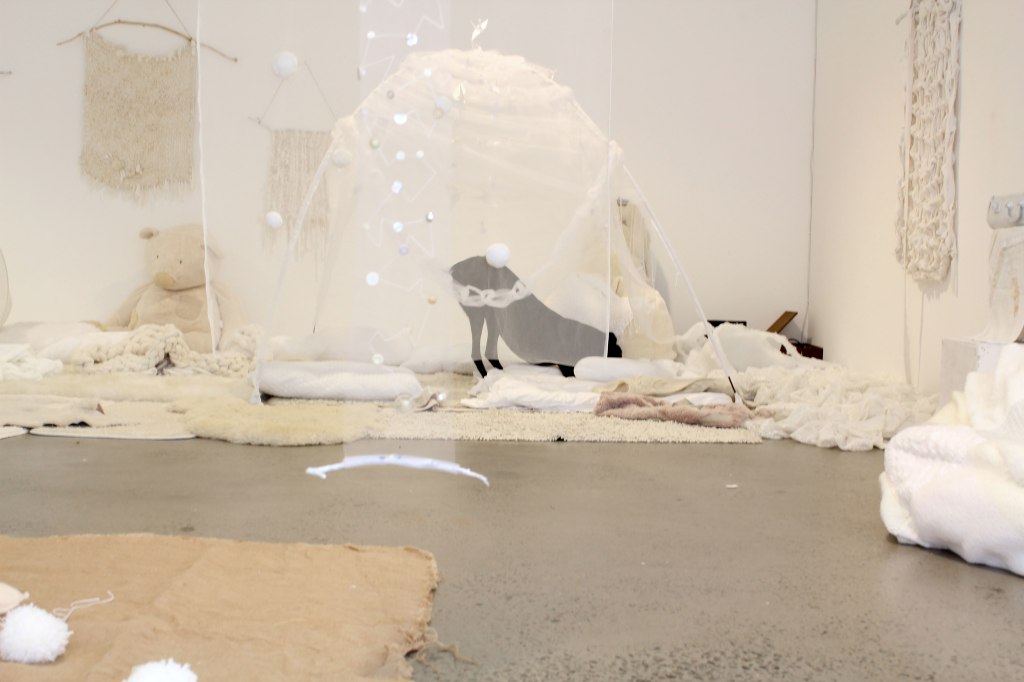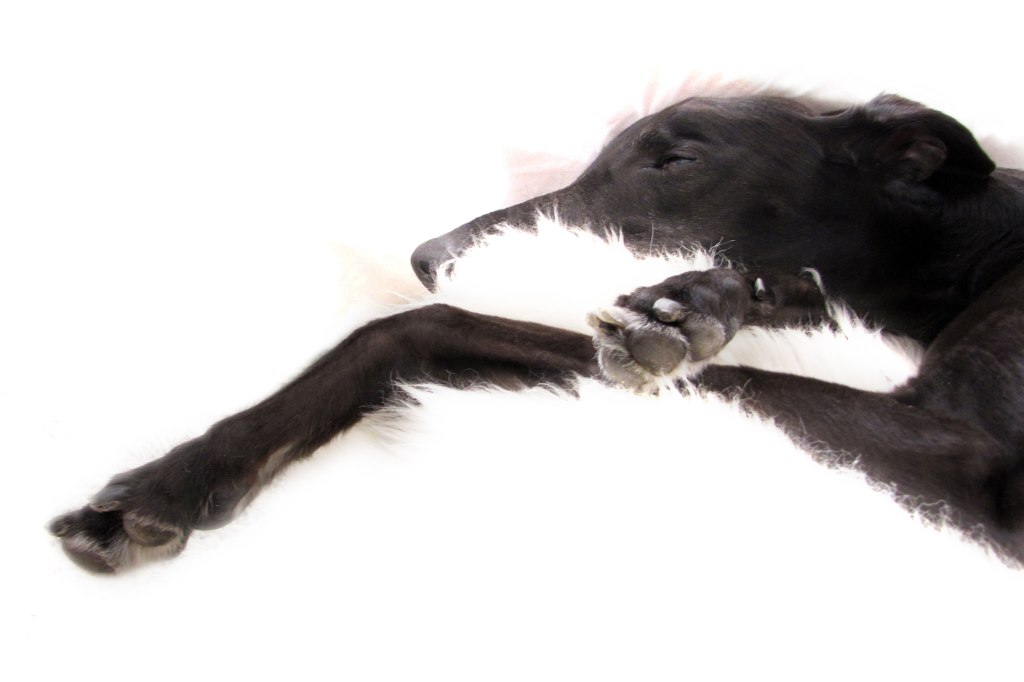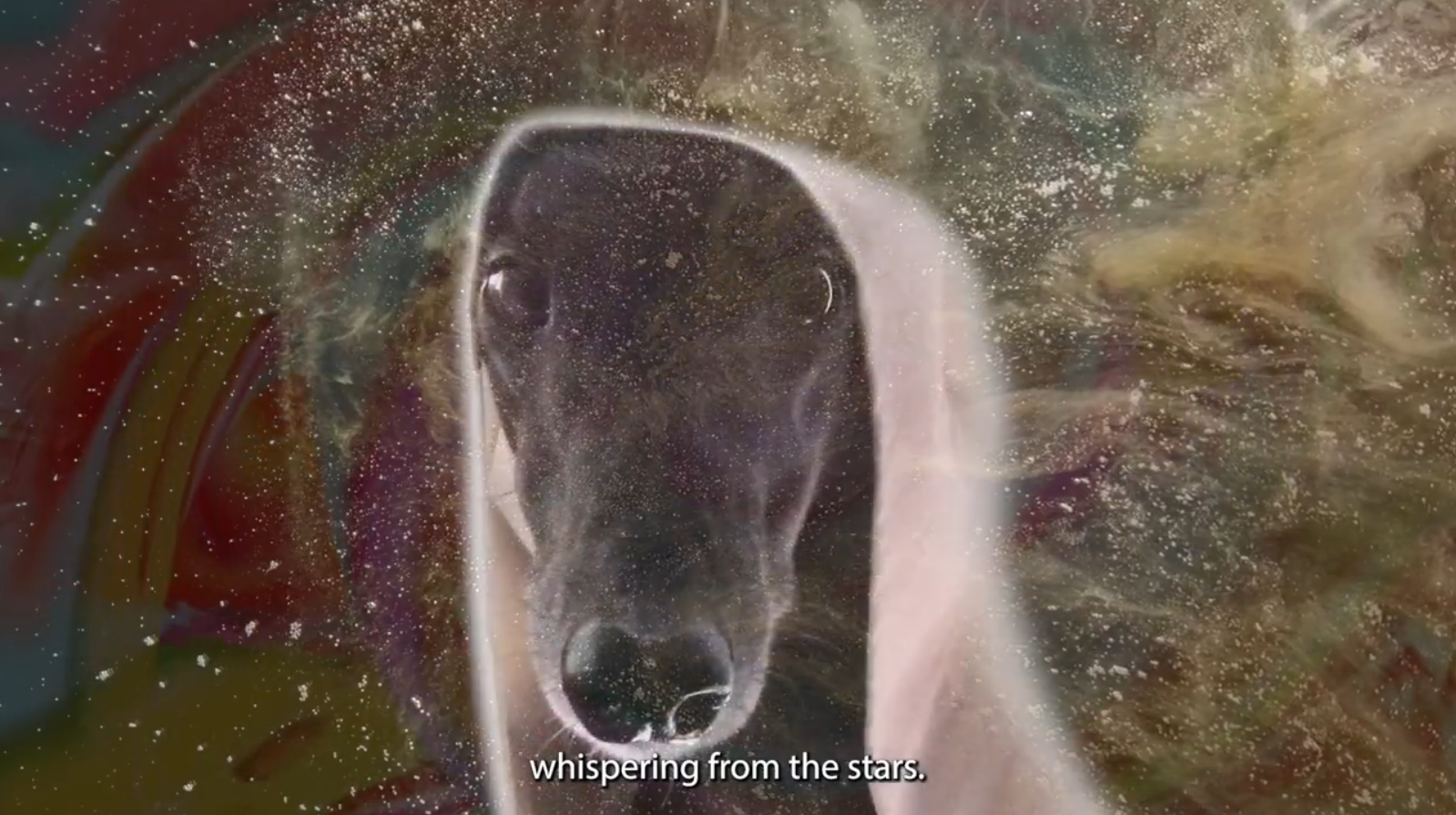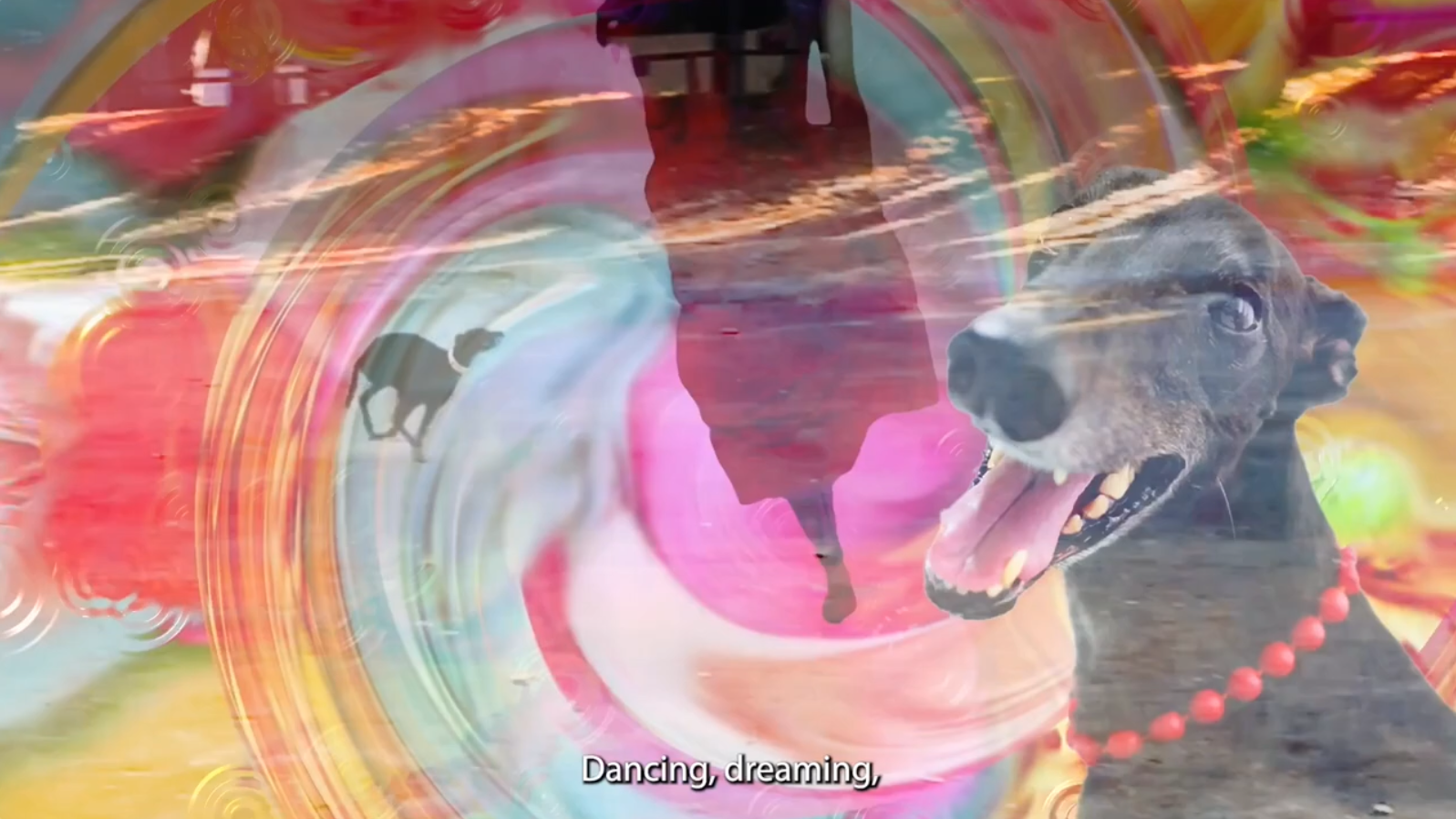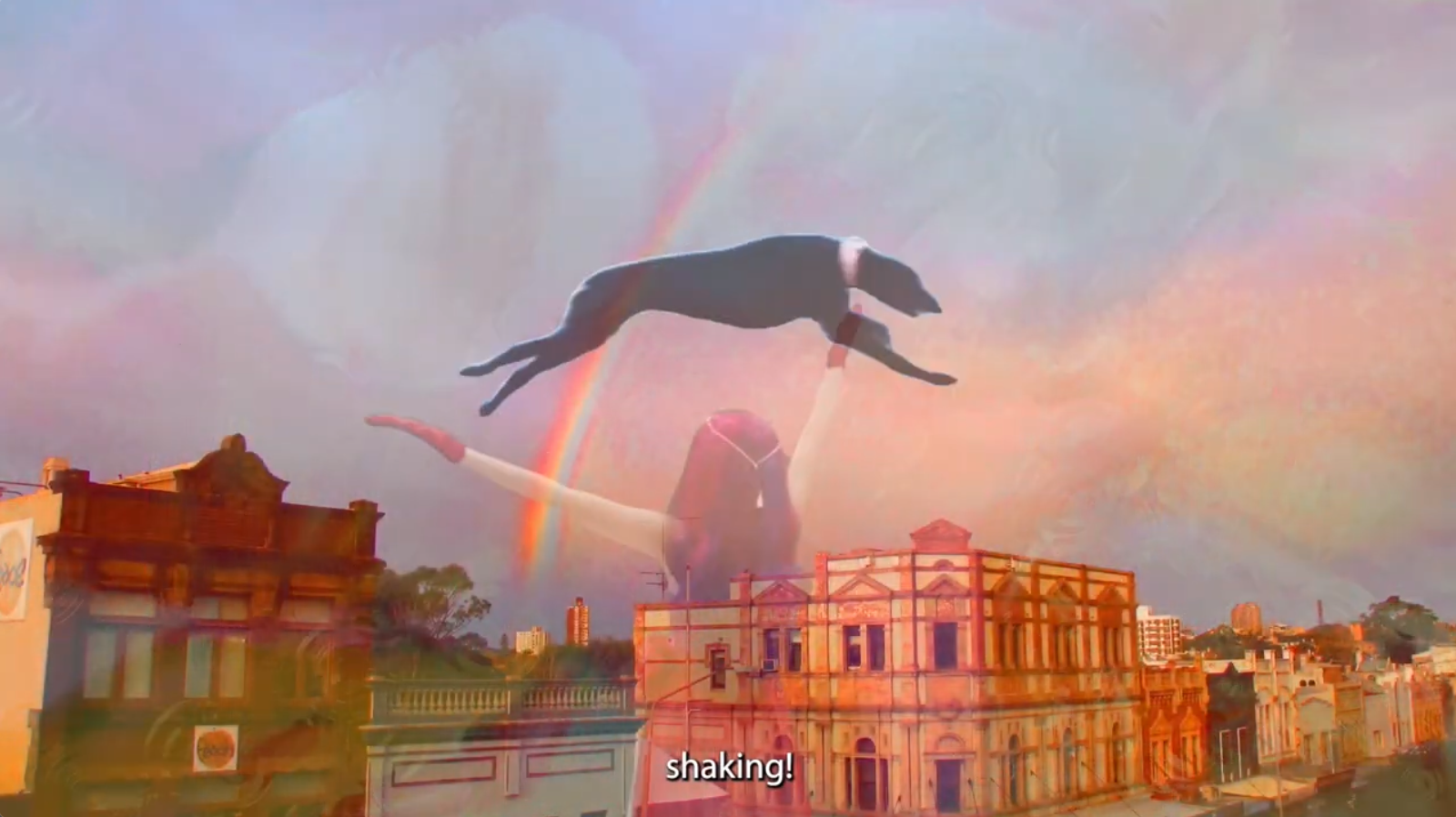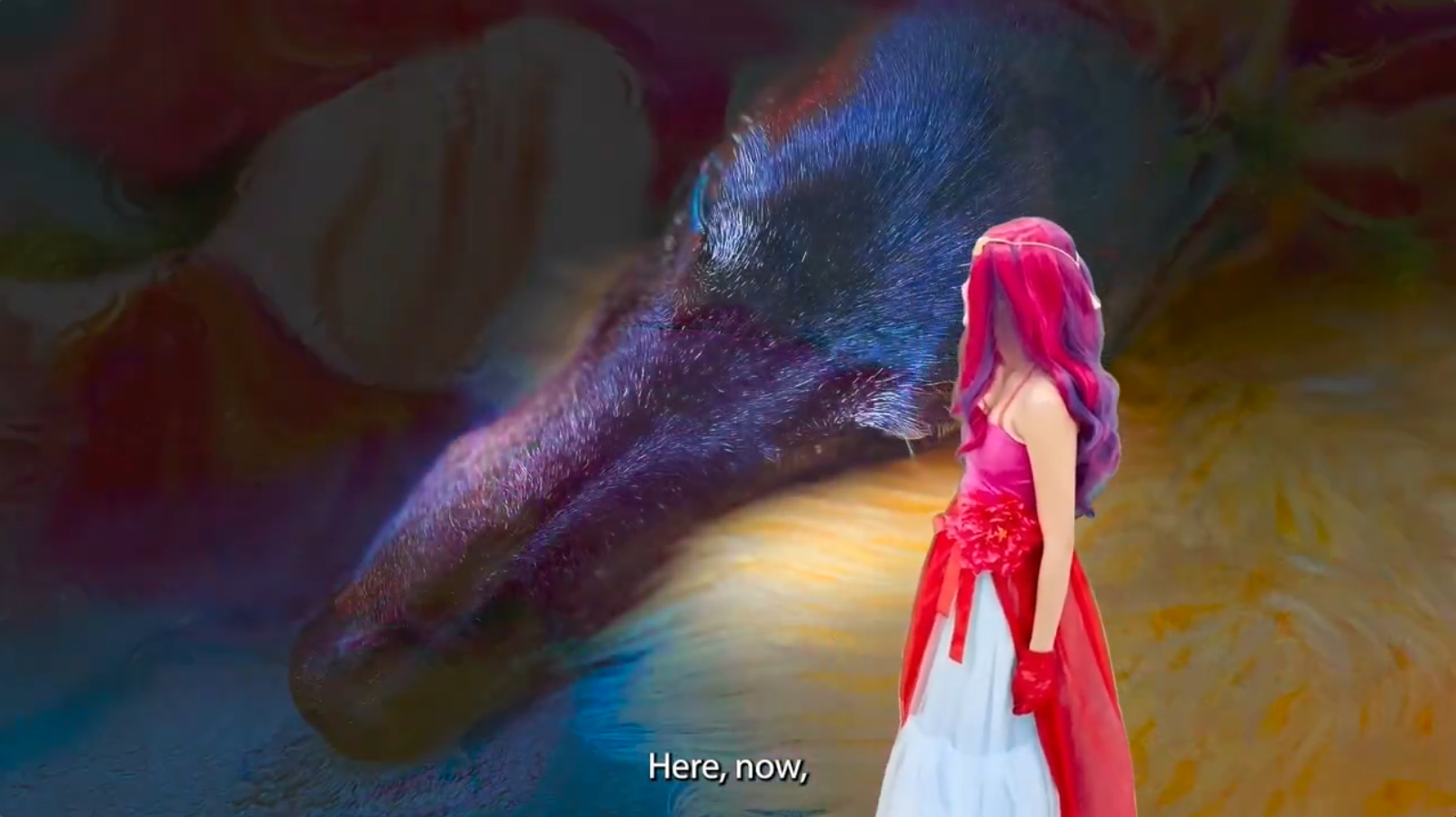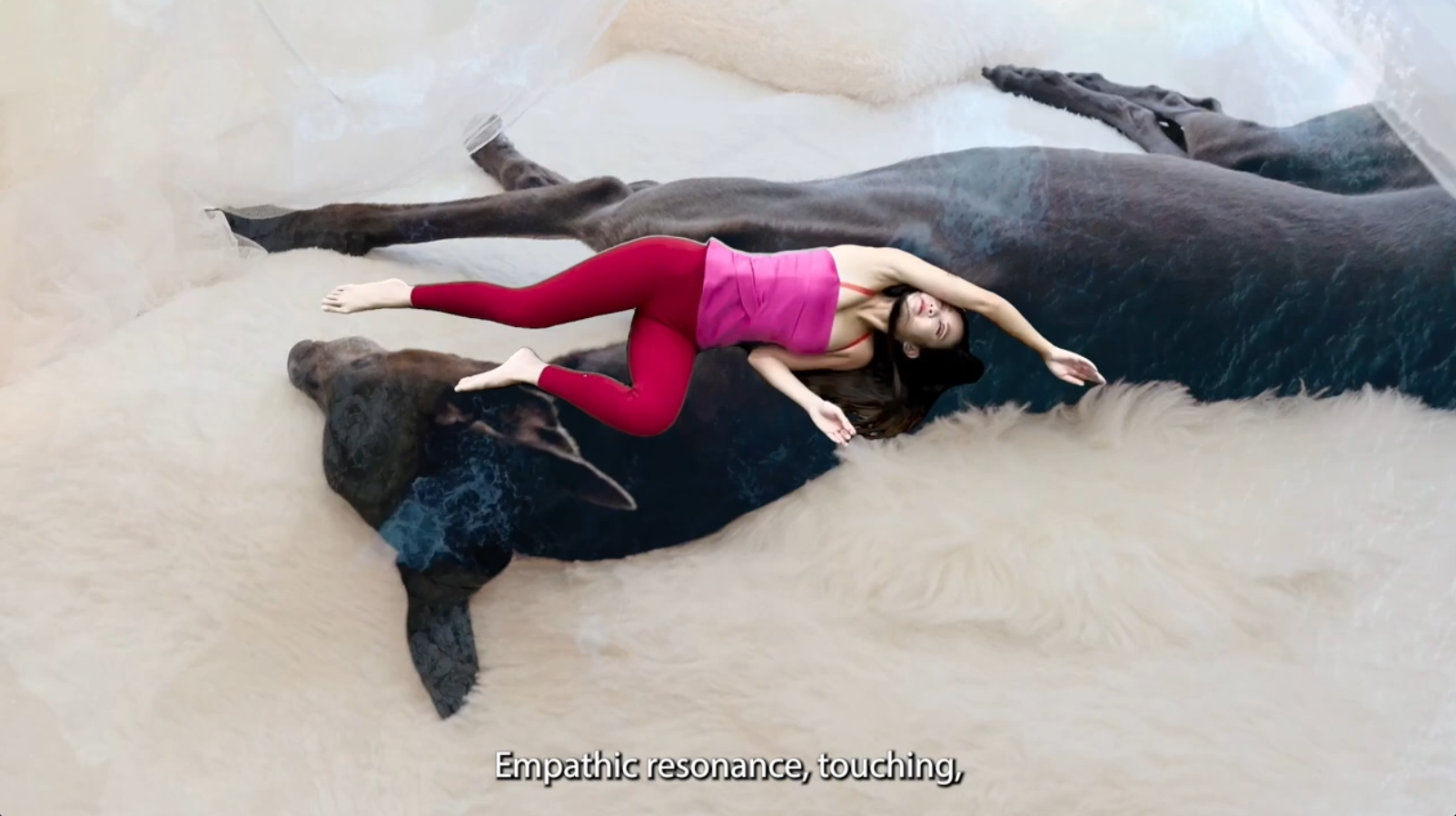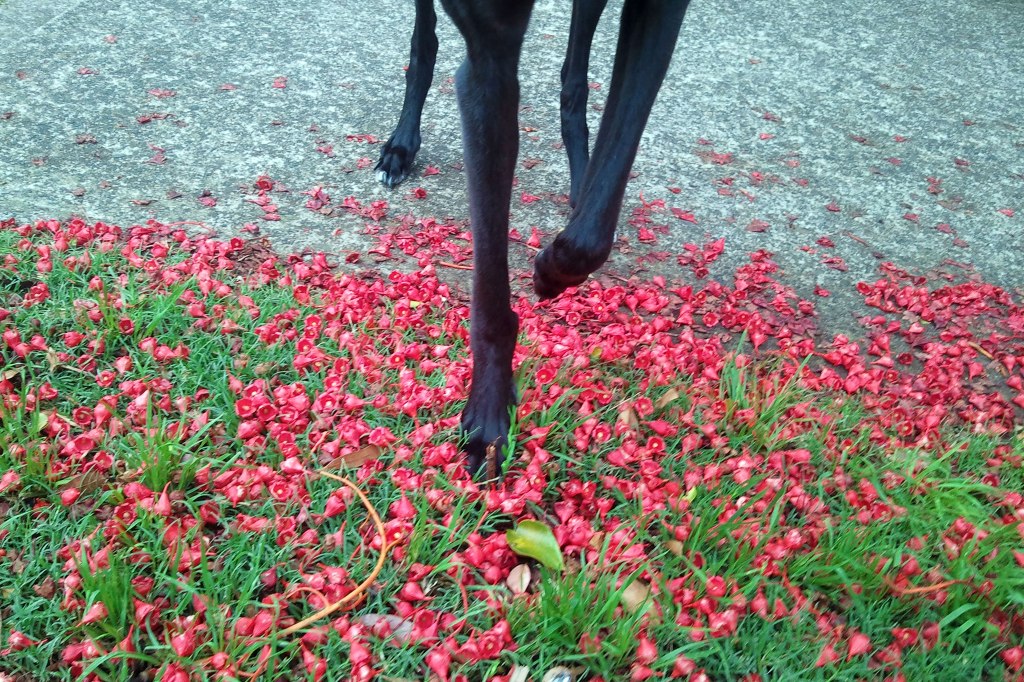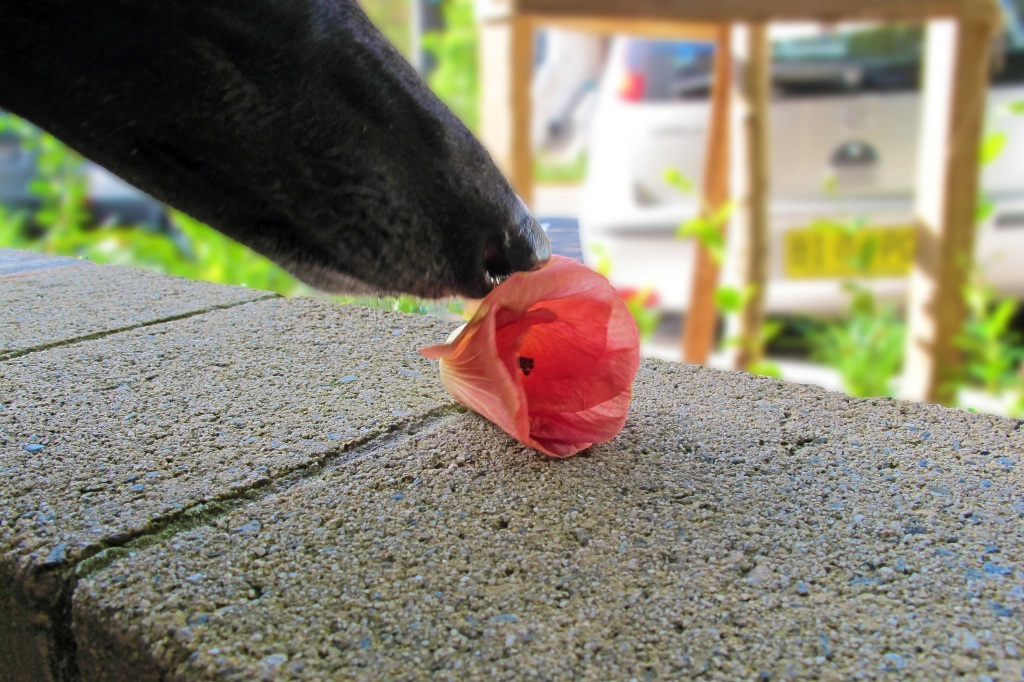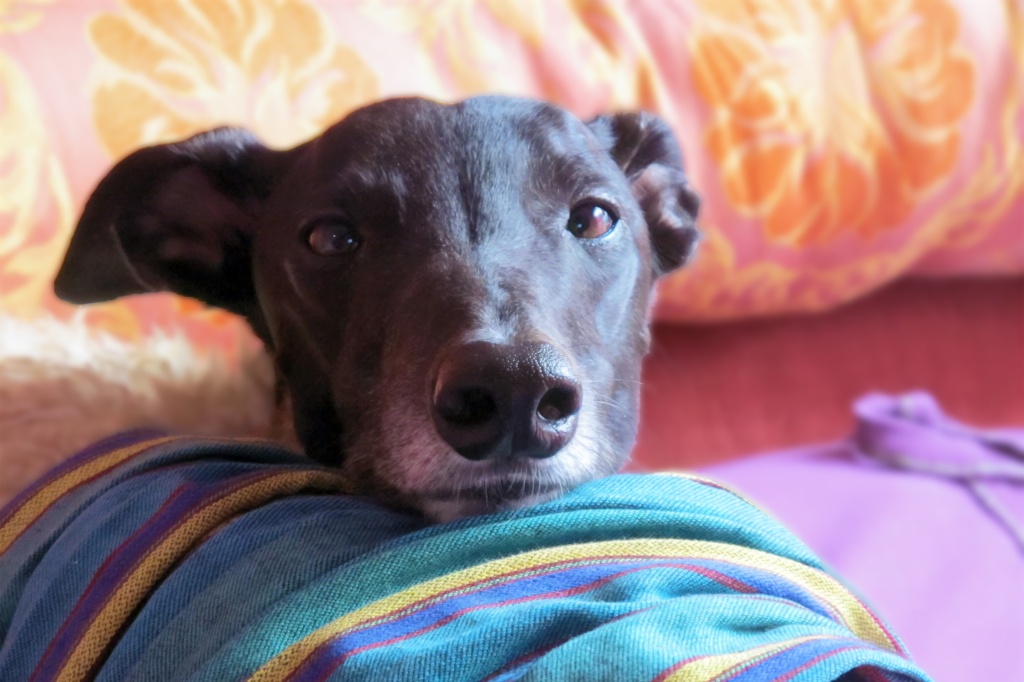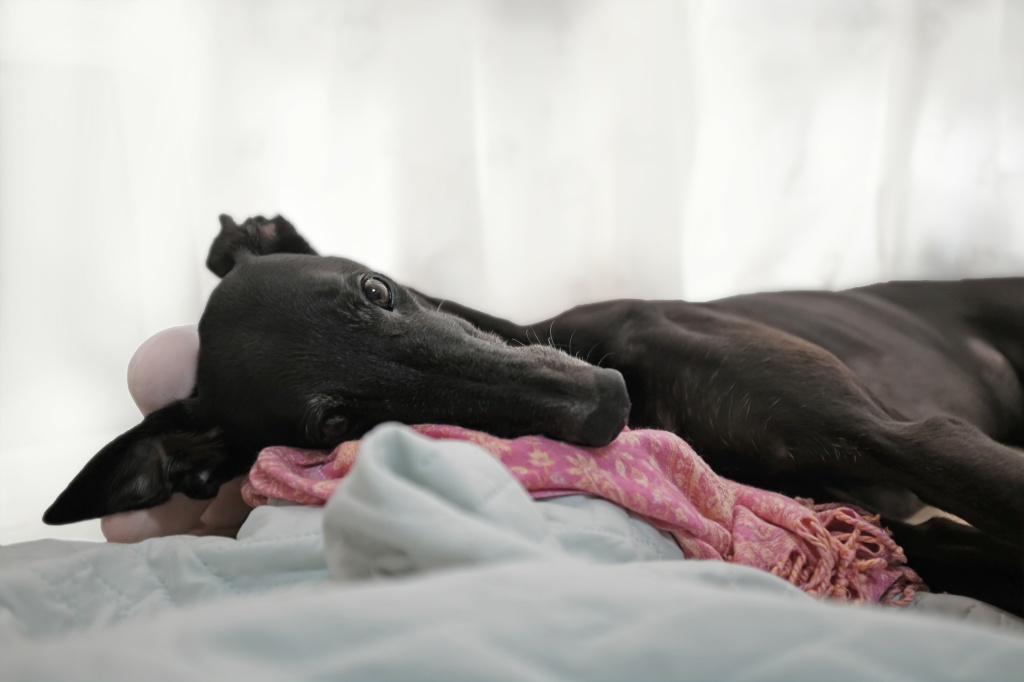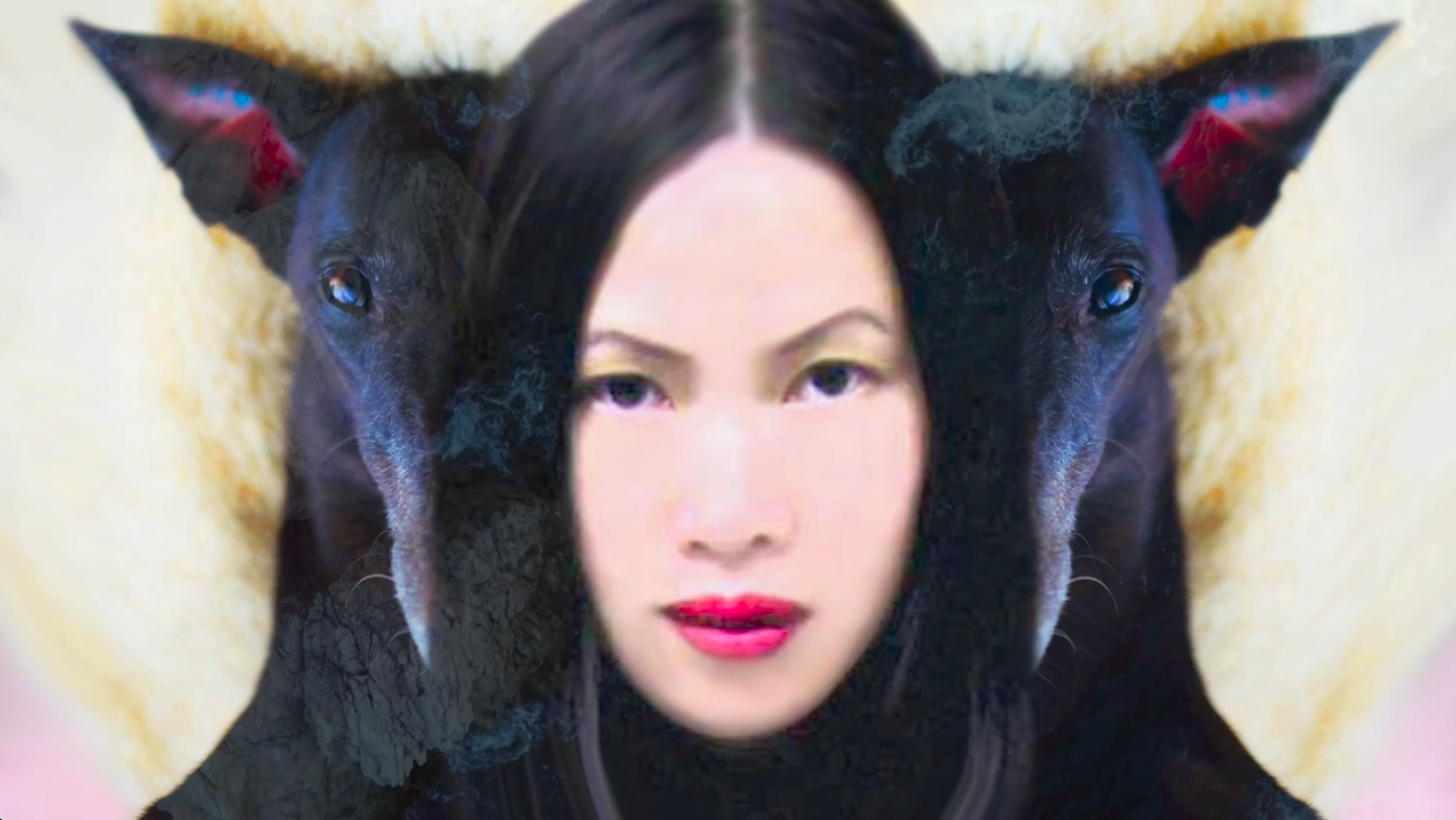As promised to some of my friends and followers of my pages, blogs and website, here is the transcript of my convocation speech tonight at the SUSS Convocation 2023: Session 3 – Undergraduate Programmes (NSHD). The Youtube ‘live’ video (link below) does not have captions, so I have put my transcript here.
Mr Aaron Tan, Member of SUSS Board of Trustees; distinguished guests, graduates, ladies and gentlemen, thank you for this honour. My heartiest congratulations on this very special occasion.
I cannot tell you how to make a lot of money, rise up the corporate ladder, or how to achieve worldly success. I have never managed any of these. I owe my very existence today to a few loyal friends, my one supportive sister and a gentle yet magnanimous creature called Lucy Like-a-Charm, a Greyhound rescued from the cruel racing industry in Australia.

(Slide 1 – Lucy Like-a-Charm, a black Greyhound is lying on a white puffy quilt, head upright, looking at camera, ears perked up and spread out, mouth open in a happy smile.)
So, what can an ordinary person like me bring to this milestone occasion? Please allow me to share a glimpse of my life’s journey. I was born in 1965, the year of Singapore’s independence. Like many in my generation, I found out my Autistic identity only in my early forties. I’ve also struggled with a lifelong, painful medical condition.
My childhood dream was to become an artist, musician and scientist. I loved animal science and multidisciplinary arts. Learning was smooth sailing at first when I was allowed to pursue my own interests at home. Sadly, my learning journey was derailed after I entered mainstream education. I went from being labeled a “kid-genius”, to “rebellious” teenager, and onwards to “lazy, useless bum”. One art teacher told me I would never become an artist because I could not colour within the lines. By the way, I still do not colour within the lines.
After a lot of stubborn perseverance, I managed to gain an undergraduate place to major in music at the University of Hong Kong. There, in Hong Kong, I met professors who recognised my unusual learning style. Nobody talked about autism at that time. I was thrilled to be encouraged to bring difficult questions to class — my professors were happy to push boundaries and expand their own paradigms. I am most fortunate to still be close friends with two of my early mentors to this very day.
I returned to Singapore after graduating, and unfortunately spent the next twenty years employed by a former family member in a job that I was most ill-suited for. My medical condition constantly triggered, and I felt as if my entire mind and soul had been stolen from me. During those bleak years, I still managed to author and illustrate three music textbooks widely used in Singapore schools; write and record two albums of my own songs; and produce, direct and perform in two public music concerts.
In 2007, at the age of 42, I finally broke free and returned to the University of Hong Kong to pursue an M.Phil in music composition. Faced with a confusing social situation, struggling with my illness, dealing with my father’s death and family disintegration, I was pushed to the edge of mental and physical breakdown. I sought help from a psychologist and that was when I found out about my Autism. It was a pivotal moment for me, a vindication that I was not deliberately bad, rebellious or lazy, my brain merely functions differently — simply put, I was like an Apple computer living in a Microsoft world. I am disabled according to the social model of disability. In 2012, I was awarded a full Ph.D scholarship by the University of New South Wales in Sydney, Australia. I adopted Lucy that same year and with her, began the best ten years of my life.
“Like-a-Charm” was Lucy’s former racing name, and I kept the name because it rang resoundingly true. Lucy became my autism anxiety assistance dog, and was the first Greyhound assistance dog in my university and, in fact, all of Sydney, inspiring others, especially Autistic persons, to adopt and retrain rescued Greyhounds as assistance dogs thereafter. We were interviewed by television, radio and newspapers in Australia about my research in autism and multi-art practice, Greyhounds as assistance dogs, and autism and disability awareness. She was also the first Greyhound to be invited into Parliament House during a campaign in 2016 to ban Greyhound racing.
Much more than a pet or assistance dog, Lucy was my creative muse, research assistant and the driving force for my PhD dissertation on autistic embodiment and alternative non-human sentient and material empathies. In 2016, we graduated together with the highest honour, the Dean’s Award.

(Slide 2 – Convocation – Dawn-joy and Lucy receiving their PhD from the Chancellor, UNSW, Sydney Australia, 2016)
Now, don’t get me wrong, those years were wonderful, but still no easy breeze. I faced intense internal and external challenges, which I don’t have time to tell you about, but I had Lucy with me. She was my rock of stability and strength throughout. In fact, she saved my life just a few weeks before my PhD submission, and I am alive today because of her. Lucy taught me how to recognise my own vulnerabilities and strengths, and to accept with gratitude and grace support from others.
Finally, I’d like to end my story on the importance of Dreams, Passion and Purpose. I am blessed that three of my Dreams did indeed come true, and with many wonderful bonuses too.
I was 7 years old in 1972, suffering a painful attack of mouth and throat ulcers where I could barely open my mouth or swallow, when I dreamt that I had a voice and I could sing. In 1999, I wrote and recorded my own collection of songs, a dream come true that a precious friend helped to finance. The bonus was that my existential questions in these songs finally found resolution many decades later, in Lucy.
I also dreamed of a transdisciplinary art-science PhD from a very young age. After forty years, I received a full PhD scholarship. As a child, I yearned for Love, and went looking in all the wrong places. Well, I finally found the Love of My Life, Lucy Like-a-Charm, who brought me a Perfect Love that no human or non-human ever could.
I’ve lived a privileged life, but I also faced great persecution for having Dreams at all, ironically from some of those I thought were closest to me. I not only worked hard, but I fought very fiercely for my Dreams, they didn’t just drop onto my lap. In the process, I lost most of those I once considered close friends and family. However, I found truly loyal friends both old and new who helped me along my journey, and my one good sister has never wavered in her support for me.
Since returning to Singapore, with Lucy by my side, I have exhibited my art locally and overseas, engaged in autism research, conducted workshops and given talks on autism and art, mentored aspiring artists with disabilities, been interviewed and featured in various media, delivered a TEDx talk, and volunteered at disability-focused organisations.
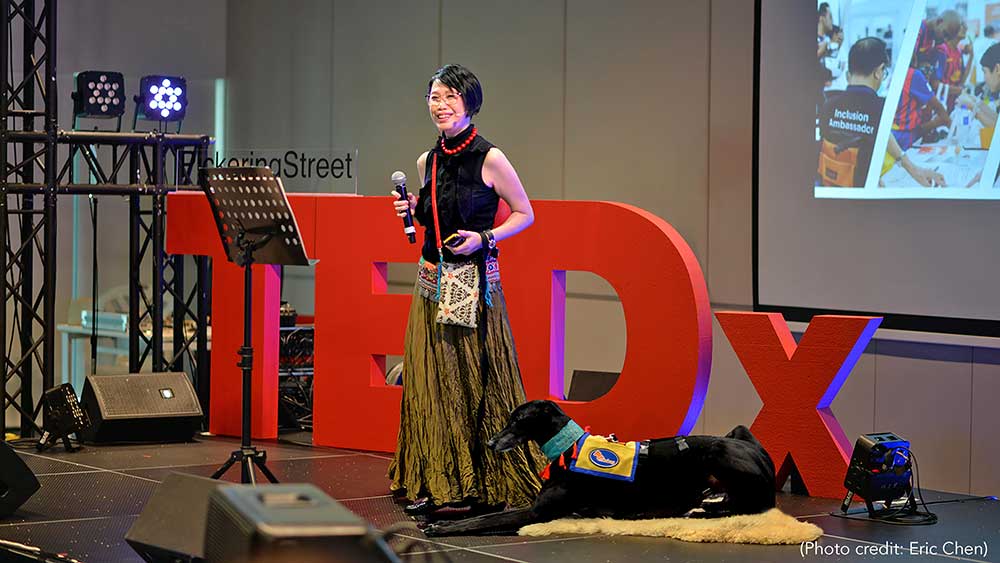
(Slide 3 – Dawn-joy and Lucy Like-a-Charm speaking at TEDx 2018)
Gratitude and humility now lead me onwards, as I am nearer the end than the beginning of my journey. I suffered two losses this year. One of my very best friends passed away from cancer in late February. Two weeks later, in March, Lucy died, at the age of 14 human years. My promise to Lucy on her death bed, was to complete our Magnus Opus, the hardest work I’ve ever attempted, an autobiography in the form of a multi-art multi-access fantasia, entitled, “Wake Up in My Dreams”, in honour of Lucy’s legacy of Love and Truth.

(Slide 4 – Full frontal head shot, digital composite portrait of Dawn-joy and Lucy Like-a-Charm emerging from both sides of Dawn-joy’s face.)
Thank you for bearing with me, and congratulations once again! Lucy and I wish you all the very best that life can bring, and may your dreams come true in the strongest of ways, beyond even your own imagination.
(My speech – around 44:29)

